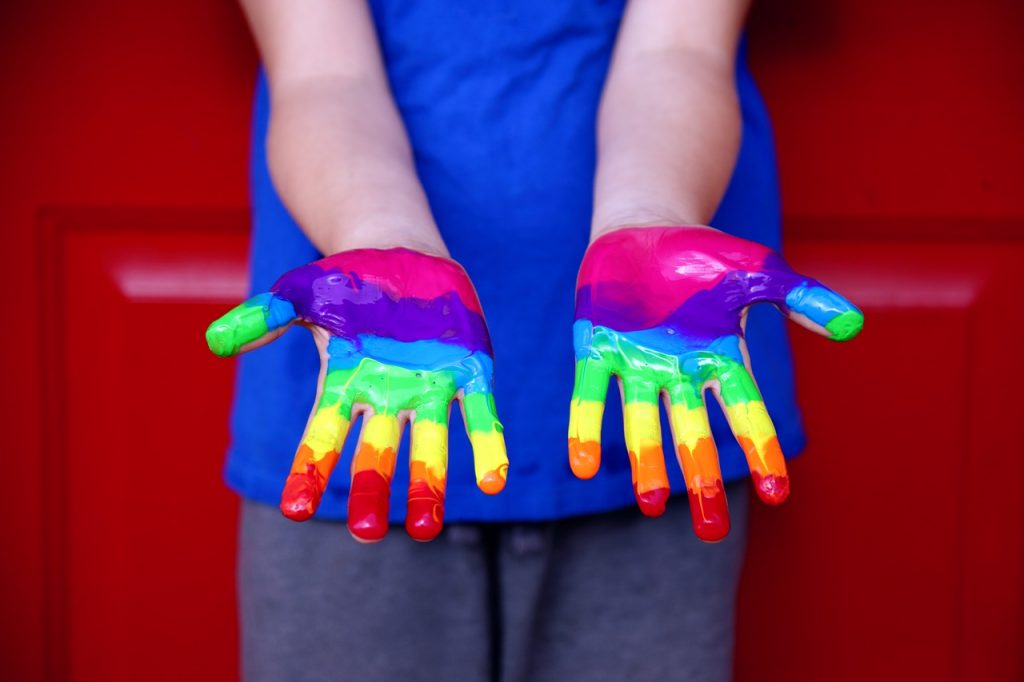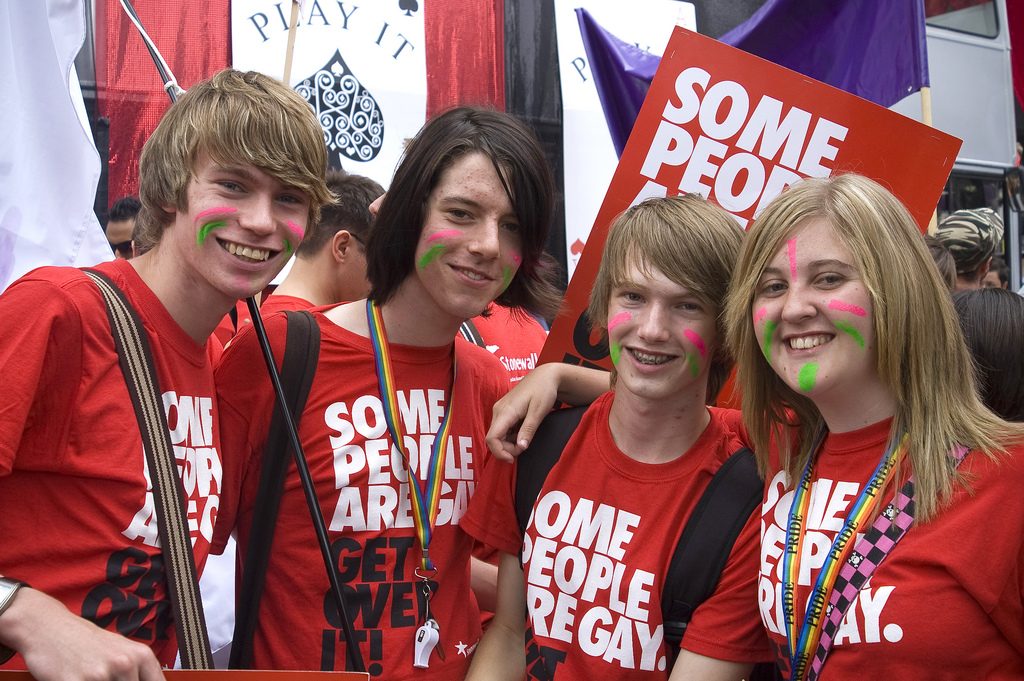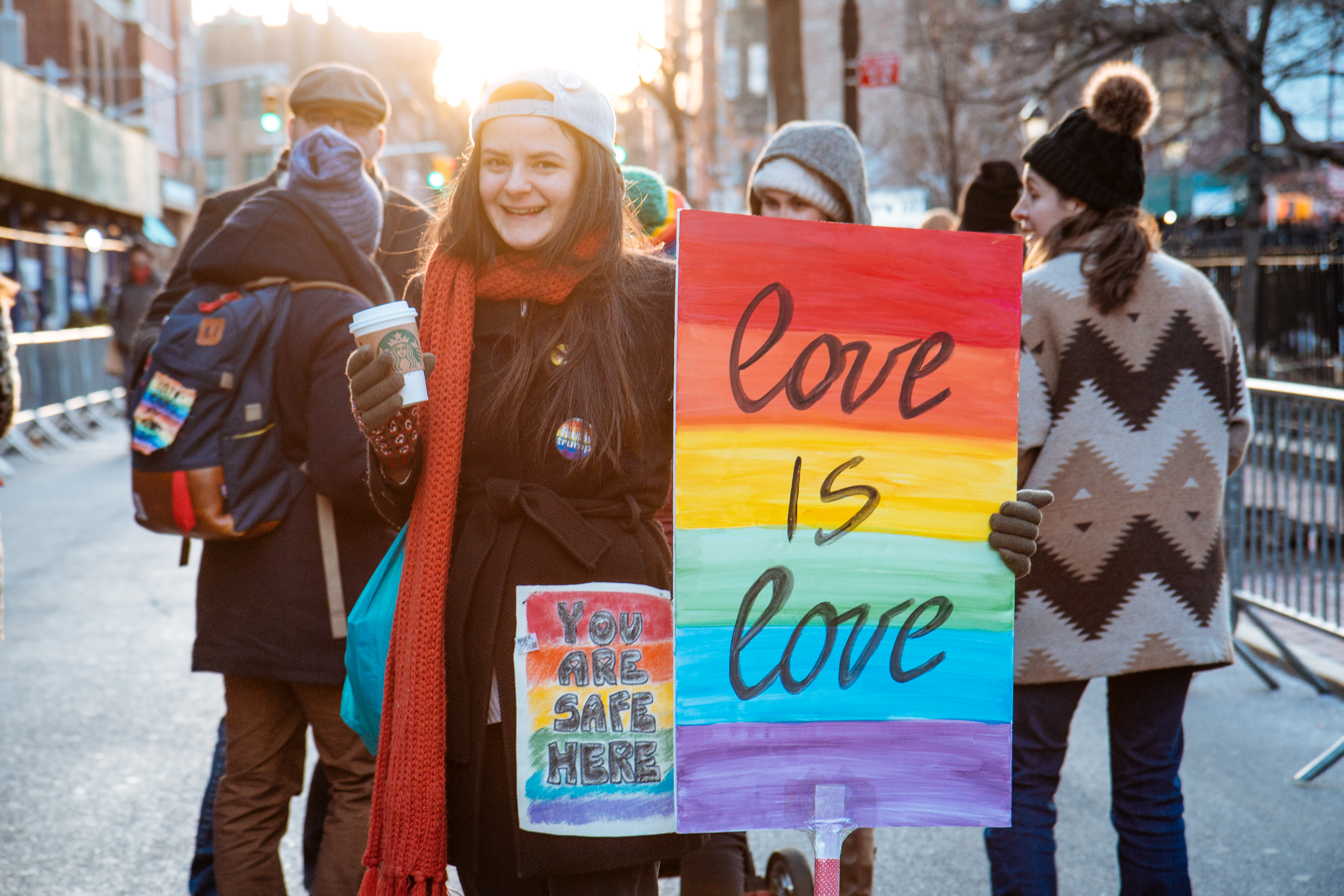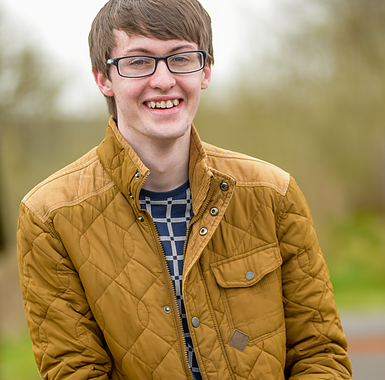On 24 May 1988, Margaret Thatcher’s government introduced Section 28. It was a law that forbade local authorities and teachers from “promoting homosexuality”, and was not repealed until 2003. The trope that it rested on was that teaching young people about LGBTQ+ issues was not ‘age-appropriate’, an argument that caused unnecessary damage to generations of young gay people. Now, with the battle over an inclusive programme of teaching in an inner-city suburb of Birmingham, we risk letting down even more.
Over the last month or so, Parkfield Community School in Alum Rock has faced a backlash over a programme of learning called No Outsiders. Developed by assistant head Andrew Moffat in 2014, with the aim to educate children to accept differences in society, the ‘ethos’ at the primary school has sparked criticism from some Muslim and Christian parents for teaching children about same-sex couples, with some even staging protests, claiming hundreds of pupils were kept home from lessons on Friday.
The school has suspended lessons about LGBT rights and homophobia, but denied the move is a U-turn. They’ve also asked parents to stop their weekly protests, promising a discussion with the school community about how the No Outsiders curriculum should be delivered.
READ MORE: School To Discuss Parent Concerns About Curriculum, After Protests Over LGBT+ Education
The parents’ objections to the teaching of LGBTQ+ issues to primary school children are a harrowing repeat of those used against my community under Section 28. The phrases “not age appropriate” and “this is promoting homosexuality” have popped up once again in interviews with those involved in protests. The normalisation of this language cannot be allowed to happen again.
It is understandable that when cultures and belief systems clash, these divisions will happen and need to be discussed. In a letter to parents, the school has encouraged parents to “ask their children what No Outsiders is really about, as the children are very clear there is no focus on one aspect of equality, rather No Outsiders teaches that everyone is welcome.” As this statement suggests, the row over the teaching of LGBTQ+ issues is likely to be born of a lack of understanding, which is why these discussions need to be had with empathy and compassion, not protest.
If we are to defend religious groups against bigotry, then we must defend every community group in our society in the same way. You can’t accept and benefit from human rights values and yet reject them when they are utilised to defend others that don’t fit with a conservative belief you hold.

The teaching programme equips young people with the tools required to respect and accept people not just in the gay community, but from all backgrounds, something that we should be pushing for more of when teaching future generations, not resisting. It is only through education such as this that we will put an end to arguments of this manner in the future. After all, discrimination and prejudice are learned and, therefore, can be unlearned.
To suggest that informing young people about the reality of the diverse world they will grow up in is ‘not age appropriate’ has no basis in reality. It is vital that every child, from their first day in school to their last, is given the tools and support they need to accept others for who they are, and to accept themselves too. In teaching the ‘core’ subjects, we place a focus on giving pupils the knowledge and skills they need to overcome the real-world challenges and changes they will encounter in later life. The teaching of equality and diversity should be no different.
There is nothing “adult” about being gay or bisexual, any more than there is about being straight. This is not the teaching of sex, but rather sexual orientation. Providing young people with the knowledge that relationships can be between same-sex couples, as well as those of the opposite sex.
Every young person needs to feel accepted, understood and included, and no religion or belief should come ahead of that. Teaching about the diversity that exists in the world means that children from all families feel included and helps all pupils to understand that LGBTQ+ people are part of everyday life.
According to Stonewall’s latest schools research, nearly half of lesbian, gay, bi and trans pupils are bullied for being LGBT at school. Only through education, and a school environment that teaches tolerance can this be reduced, and those people made to feel safe in their skin and their surroundings. It’s about teaching young people that there is nothing mysterious or shameful about it. It’s not about promoting LGBT as superior to anything else, it’s just setting out the facts. LGBTQ+ people exist, are valid, and should be heard.
 Image Credit: Flickr/LewishamDreamer
Image Credit: Flickr/LewishamDreamer
It’s also important to recognise that being LGBTQ+ and having a religion are not mutually exclusive. Perpetuating the myth that religious beliefs and sexuality have to be at odds with each other is not only unhelpful, but can be dangerous to LGBTQ+ children in religious families. There are LGBTQ+ people in all communities, across religions and non-religious worldviews, and tolerance within all of those has been hard-fought and deserves to be protected.
For many, such as myself, who did not receive any education about gay relationships, queer TV and film was where we found our acceptance. Queer As Folk recently turned 20-years-old and was a hugely important piece of television for LGBTQ+ people in reflecting their experiences on a mainstream platform. Allowing the LGBTQ+ community to be comfortable and accepting of their sexuality and gender identity should not be left to chance, however. The time to start is in education and with a curriculum centered around diversity.
Skins, too, shaped a generation’s view towards tolerating differences and dealing with personal pain, and the furore over No Outsiders has made a certain moment in the show stand out in my mind. When gay character Maxxie comes out to his Muslim friend Anwar’s father, the dad simply responds with this:
“I’ve got my God. He speaks to me every day. Some things I just can’t work out so I leave them be, even if I think they’re wrong…because I know that one day he’ll make me understand. I’ve got that trust, it’s called belief.”
Whatever your culture, and whatever your background, in order to work and live with one another will always require understanding, empathy, and compromise. There is no better time to teach those skills than from day one. For the sake of the over 700 pupils at Parkfield, I hope that staff continue to teach the important values contained in the No Outsiders curriculum, and that parents allow themselves to see that this teaching of acceptance and tolerance is not to be feared. We must not allow another generation of young people to be failed through the erasure of LGBTQ+ issues.
The truth of the matter is simple: there is an appropriate age to teach young people about LGBTQ+ people, and that age is from birth.







